Up to 30% of people suffer from chronic insomnia, and the number of people who use sleeping pills increases with age and education. You may be wondering why you still don’t get enough sleep once you’ve established a bedtime ritual. The problem may be in the little things you didn’t even think about.
We are pointing out possible obstacles that prevent a perfect night’s rest.
Surprising Things That Are Affecting Your Sleep
Synthetic Bedding
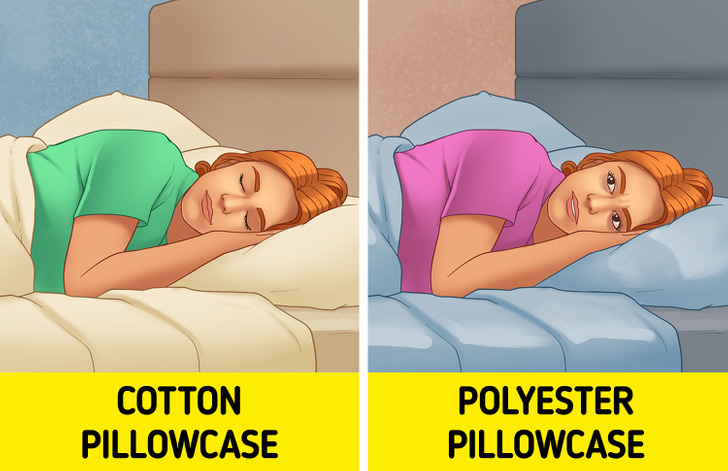
Bedding made from natural materials is cooler and offers better breathability. It also absorbs moisture better. In contrast, synthetic bedding retains heat and can cause night sweats.
As a result, you end up tossing and turning all night and possibly suffering from the irritation that some synthetic fabrics cause.
Essential Oils
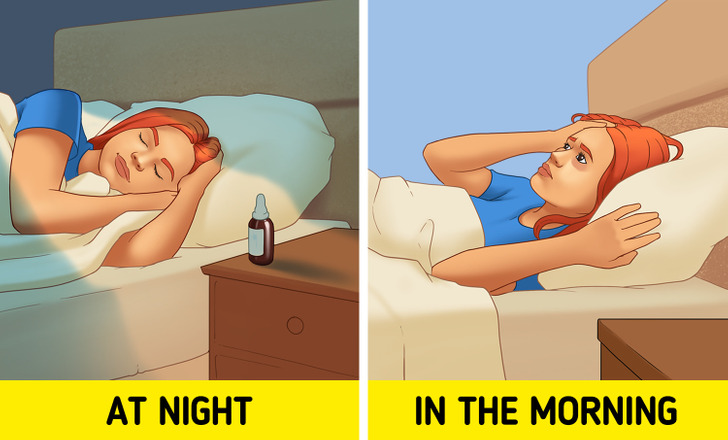
While some essential oils help us calm down, like lavender, many of them do the opposite. Citrus essential oils can keep you awake. Also, if you’re one of those people who spray essential oils directly onto their pillow, remember that some oils can cause chemical burns.
Your hormones can also be affected, so a disrupted sleep cycle can be attributed to a hormonal imbalance.
Thyroid Problems
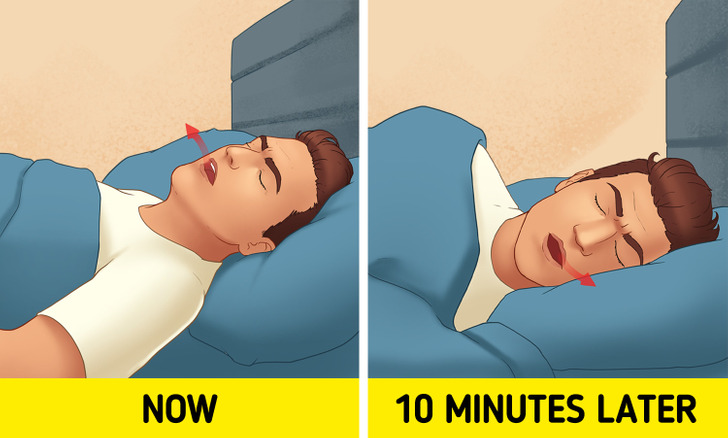
Those with thyroid problems tend to suffer from sleep apnea (pauses in breathing). It can cause regular awakenings, so after a night’s sleep, you may feel tired instead of energized. Thyroid dysfunction often leads to disruption of circadian rhythms as well.
READ RELATED: Goji Berries May Protect Against Age-Related Vision Loss
Magnesium Deficiency
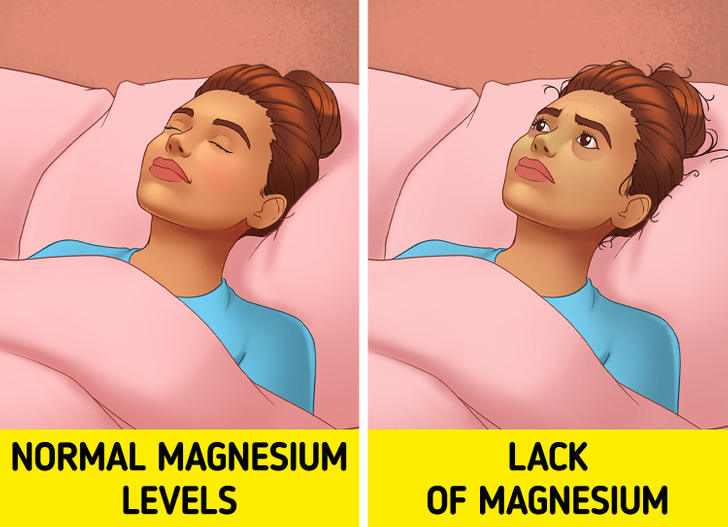
Magnesium is an essential element that affects your ability to sleep. If your body lacks this nutrient, you may find it difficult to relax.
Additionally, muscle spasms or restless leg syndrome are also caused by low magnesium levels. This is why supplements are often used to treat insomnia.
Plants
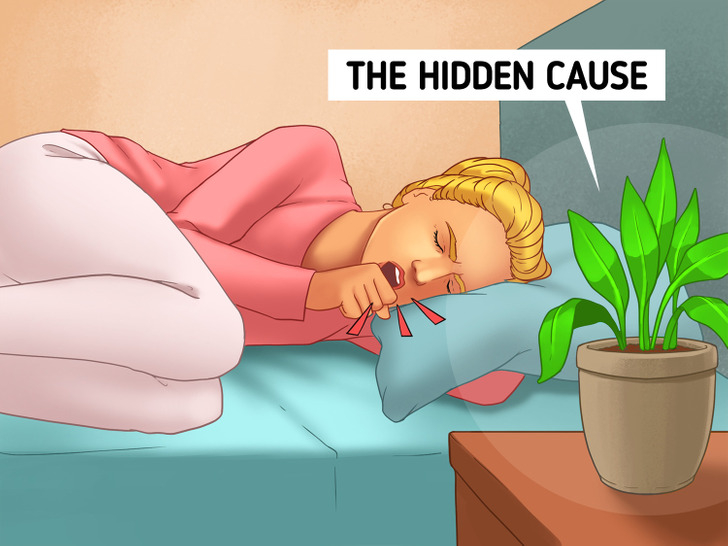
You have to be careful when placing plants in your room. Some houseplants can be toxic to humans. If you suffer from asthma, some plants can trigger the disease if you are allergic to them.
In addition, mold or other bacteria on the floor can cause damage and, as a result, worsen the quality of sleep.
Restless Leg Syndroma
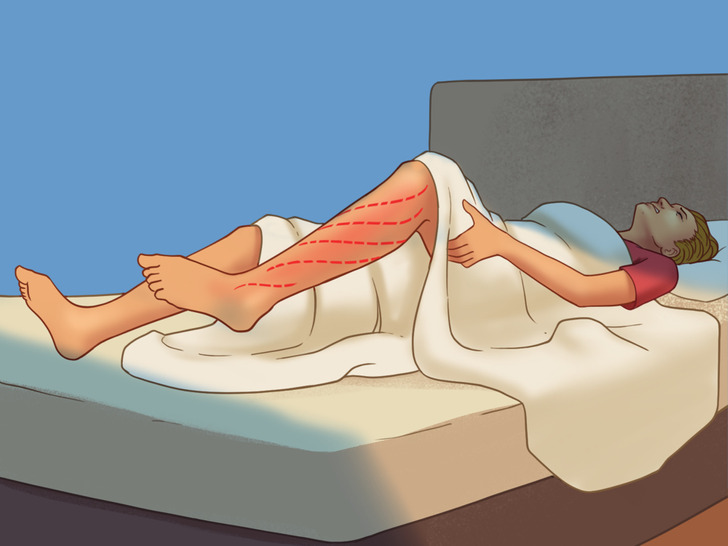
The syndrome is usually characterized by the urge to move the limbs due to unpleasant sensations in the legs. You are forced to wake up to stop the tingling, crawling, or burning sensation in your legs.
It varies in intensity and is more common in people over 50 years of age. The syndrome may be the cause of the sleep disturbance or a secondary effect of it.
In your experience, are there other things that can interrupt your sleep? How do you deal with them?
Source: crfatsides










